Responding to your Nissan Leaf premature battery failure criticisms
It seems I'm in a dispute with you. Well, some of you. Let’s argue the toss over what’s reasonable and what’s not, in the domain of Nissan Leaf battery longevity…
A lot of people seemed not to agree with me on my recent Nissan Leaf battery longevity report which is accessible there, on the off chance you missed it - but at 98.8 per cent likes to dislikes, haters are still somewhat under-represented. Work on it.
Contrary to popular belief, I’m cool with disagreement. Robust debate is one of the most productive things - for each of us individually and for society as a whole.
That’s not the same thing as shouting at each other and demanding someone be cancelled just because you didn’t like what they said. I’m talking about idea versus idea, based on merit and supporting evidence.
I’m also happy to be proved wrong by you, in the comments - because the last thing I want is to be wrong. That would be a fundamental failure of my function here, as I see it, and I’d want that corrected by you. Being wrong is the worst thing.
Respectful disagreement
Clinging to a wrong idea, just because it’s yours - just because you can’t let go. A lot of people do that. I’ve tried to divorce it.
Which is why I’d like to thank a dude named Paul Harling for his comment recently. Fancy that - using a real name in the comments. Actually standing behind your ideas. The conviction to be associated with what you actually say and think.
I respect and appreciate that, Paul, and the time you took to voice your concerns - which we’ll address in just a sec. Please bear in mind I will not ‘straw man’ you here. I’m going to assume the best, most robust interpretation of your criticisms, without taking a single cheap shot.
I don't agree with this particular bashing.
-Paul Harling
Not agreeing - totally fine. Bring it. Calling it a bash, I would argue that bashing something is a collection of cheap shots unsubstantiated by facts, and lacking both perspective and proportion. I really don’t think that’s the case in my Leaf report - but I suppose that’s not really for me to judge.
I’d be surprised if the folks at Nissan didn’t think it was a bash, but, hey, I’m not in the appeasement business. They’ve got every other motoring journalist in Australia if they want that.
I sincerely happen to believe Nissan could do better with Leaf owners - better design on the Leaf, and better support of owners whose cars die early. I don’t believe just 40 kilometres of maximum range after seven years on the road, with a $5000 repair bill is a victory for customer care. It’s certainly not sustainable, environmentally friendly - whatever - by any definition. And is that not the whole point of the Nissan Leaf?
The car is 7.5 years old. The purchase price isn't really an arguing point. Rechargeable batteries are known by everyone who has ever owned one to have a limited life.
The battery under the hood of our ICE cars needs replacing every 5 to 7 years.
Everything has a limited life - everything. Second law of thermodynamics, basically. It all ends in heat death - there’s a cheery thought. The point, ethically, and legally here in Australia, is: What’s reasonable?
I would argue that the purchase price is relevant. A $5 pair of shoes can’t be expected to last as long as a pair of RM Williams boots for $500. Cars are certainly like that. Legislation here treats them like that >> .
I think most people would expect a $56,000 car not to lose 75 per cent of its claimed range in seven years. Because that’s what happened, and it seems not to be in dispute.
Starting batteries of conventional cars, of course, use completely different chemistry - lead acid, versus lithium ion in the EV - and they cost about $150, which is fairly trivial. So I don’t see the point of this comparison at all.
John often points out how gruelling the years and miles are on our cars. A battery failure at 7.5 years is neither an engineering failure or an unexpected event. That was an early edition of an entry level EV, regardless of the sticker price.
The Leaf has a design deficiency. The battery is not actively cooled. The battery gets too hot, and this shortens its life. This causes it to fail early. Other EVs are not like this.
This is, like, the Epicurean paradox for engineers: Either the designers knew about this life-limiting deficiency and ignored it, perhaps for budgetary reasons, or they honestly had no idea this would happen, and it blindsided them.
In the first case, of course, you’d argue they were wilfully negligent, allowing this to occur, knowingly. In the second, you’d make a case for incompetence. How else could they not know? I honestly do not see a ‘get out of jail free’ option in this for them.
Expecting vehicle owners to fund an inherent design deficiency is morally repugnant.
I think $5000 is an absolute bargain for a brand new battery. Nissan is being reasonable and fair. The advertised warranty period is what was agreed to and paid for at the time of purchase.
EV batteries are a system of components. Hundreds of cells, arranged into modules, with modules assembled into a casing, forming what people notionally refer to as a ‘battery’. With electronic oversight.
Diminished battery performance is a consequence of individual cell failure. Perhaps only a few dozen cells are affected. Therefore, replacing an entire battery - which Nissan claims is a $33,000 item but which they were prepared to discount down to $5000 in the case of Mr Dryer - is tremendously wasteful. Environmentally reprehensible.
You have to stop thinking about EV batteries as if they are a monolith. They are a complex assembly of parts. Like an engine. And you don’t replace a whole engine if a few hydraulic lifters collapse.
Instead, why not diagnose the defective cells, replace and re-balance them, and re-assemble? And, while you’re at it, improve the cooling in some tangible way - perhaps with heat sinks, or fan-forced convection?
And I would argue that, seeing as this is a fundamental design problem, Nissan should wear the cost, not owners.
It is commonplace for ICE vehicles to be hit with repair bills into the thousands. I know guys who had to pay $7000 for wiring harness replacement at 4 years.
It depends why the wiring loom failed, I suppose. If rats ate it on a nice chilly winter’s night, that’s the owner’s problem. If it failed because of inadequate exhaust heat shielding, which caused it to melt - not so much.
On the issue of “reasonable and fair” I would say there are pretty clear guarantees under Australian Consumer Law, and as I interpret those, Nissan has failed to meet these. And in the case of Mr Dryer, they’re treating it like a plea bargain on bad US TV.
Like, ‘this should be free but we’ll see if the other side will go for five grand’. Please.
The guarantees are of course legislated, and therefore, not optional. They are supposed to redress the fundamental imbalance of power between large corporations and individuals. If only they were zealously enforced.
There are also ethical and moral dimensions to reasonableness and fairness, and I’m not a philosopher but it seems to me many carmakers routinely behave like Donald Trump - and it’s so commonplace that this has become, sadly, unremarkable.
$5000 to effectively extend the life of the car another 7 years is a bargain. How much of that $56k was the battery? Without the battery thats a $20k car.
He paid $30k for the battery the first time around. If he gets another five years out of it, that's only $1000 a year. It's not hard to calculate that EV's are not cheaper to own than ICEs.
The trade-in value of the owner’s Leaf was about $10,000 when I checked. With a failed battery, that value was likely close to zero.
I suppose Mr Dryer could embrace Nissan’s largesse, pay $5000 for the battery, and then he’d have a car worth $10,000 to trade in.
It seems economically rational, but whether that constitutes a bargain or not is - to some degree - subjective. A bargain would be them fixing it free, I’d suggest.
So, no, $5000 doesn’t do it for me, mainly because I’d still feel like I’d been touched up by them owing to the asymmetry of power between an individual and a large corporation.
Early adopters of new technology pay a premium for an unproven product.
Yes - they do. Agreed. Always. Hence the $56,000 retail price in 2012. It’s a $15,000 car with an electric powertrain. But that’s not mitigation for having it delivered wrapped in a design deficiency effectively hobbling the vehicle’s single most expensive and defining component - the battery.
The reason he only got 120 kms of usable range is largely because he was only charging to 80%. He should buy the battery and enjoy the car.
- Paul Harling
The range may be as you say - Nissan claims 170 in the brochure, but failed to make mention of its recommendation not to charge the car over 80 per cent. So, to me, that’s a kind of selective misrepresentation right there. Like, it has this range - but only if you over-charge the battery.
As for what Mr Dryer ‘should’ do - I guess that’s a matter for him. I’m still firmly of the belief that Nissan should throw him a bone and fix the car for free.
Look, if I was wrong about any of these matters - the facts - I’d expect them to have called me by now. And I’m hearing crickets.
They should also commit some resources to improving the battery cooling retrospectively. Keeping early adopters sweet by going above and beyond is the kind of thing Apple would do, and which many brands selling premium products see value in. It makes good commercial sense.
Sage advice
Unfortunately, to me, Nissan and some other carmakers seem not yet to understand that merely complying with consumer law is not optional. Sadly. As for going above and beyond - well, you’d have to comply first. Walk - then crawl.
And they should hang their heads in shame over the current Leaf, too - because as I understand it, that vehicle is not actively cooled. And my strong advice to you is to buy an EV if you really want one - but make sure the battery has liquid cooling.
Otherwise, you’re likely to be the subject of a debate just like this one, in 8-10 years’ time. And we wouldn’t want that. Well, ‘we’ might, but you certainly don’t.
Sincere thanks to Paul Harling for making his argument there, and I hope I did manage to get through without misrepresenting him or taking a cheap shot. I respect the points you made, Paul. I happen not to agree with them, but thank you - and for the manner in which you made them.
I’ll leave it to you in the audience to vote on who’s point of view wins ultimately - but the main winner is reason. There’s tremendous value in respectful debate - as long as we use evidence and remain receptive to the concept that perhaps we are wrong.
Embracing a better idea when it knocks on your door is pretty valuable. Without that, we’re back to living in caves within a single generation. I wouldn’t rule that out, if I were you. Given some of the things the more powerful among us have said, this year.







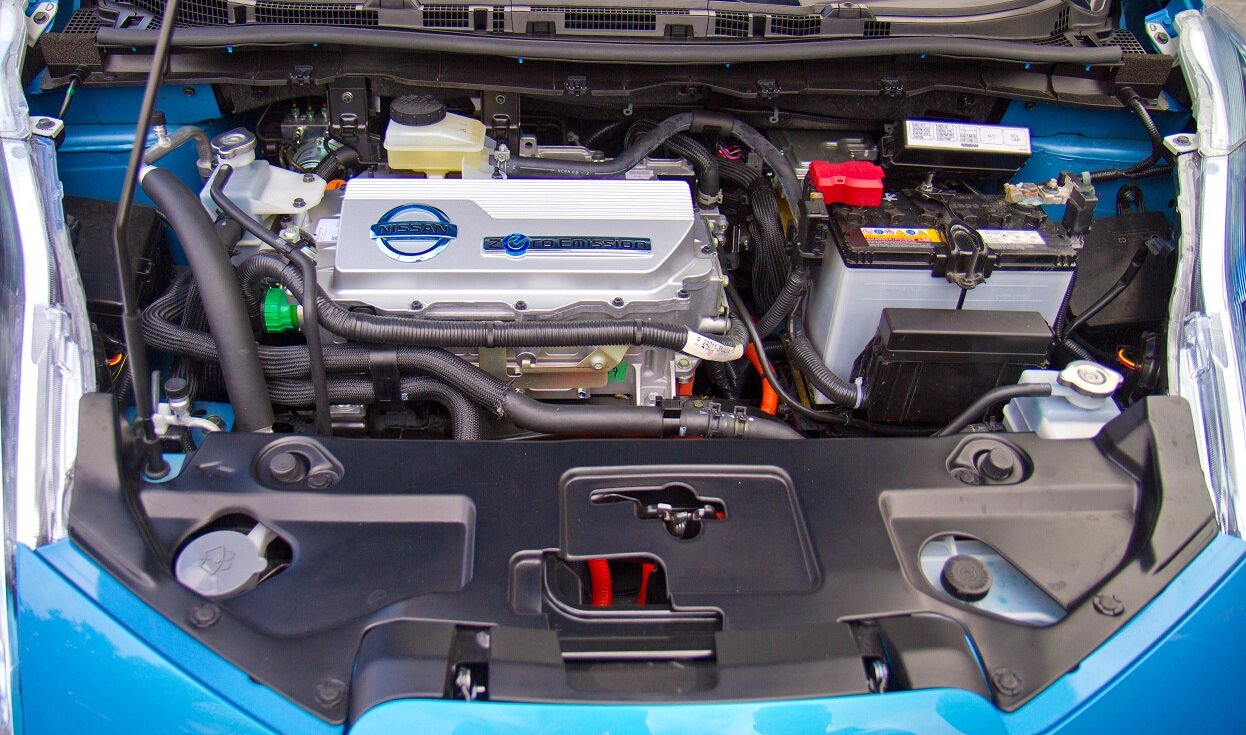
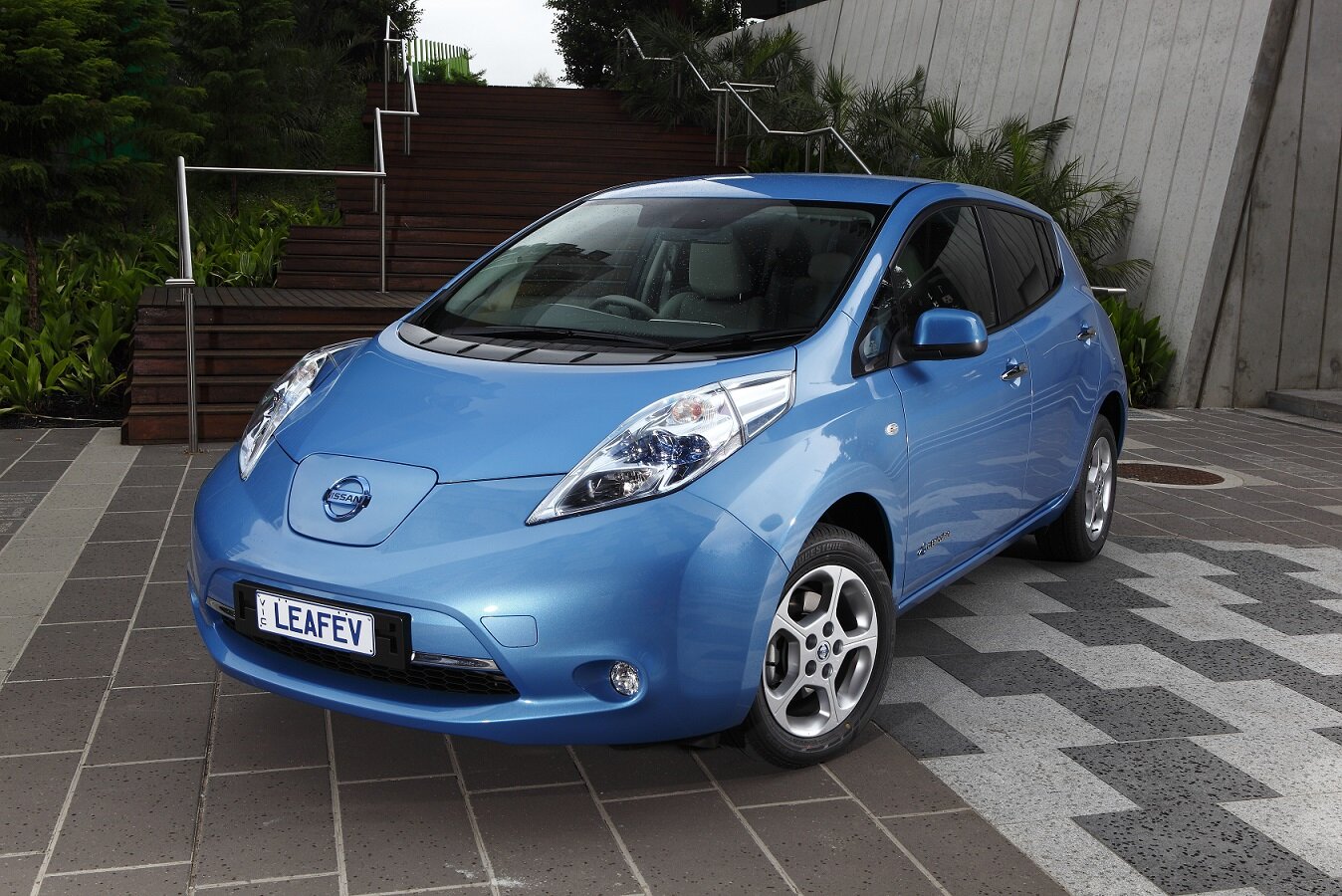





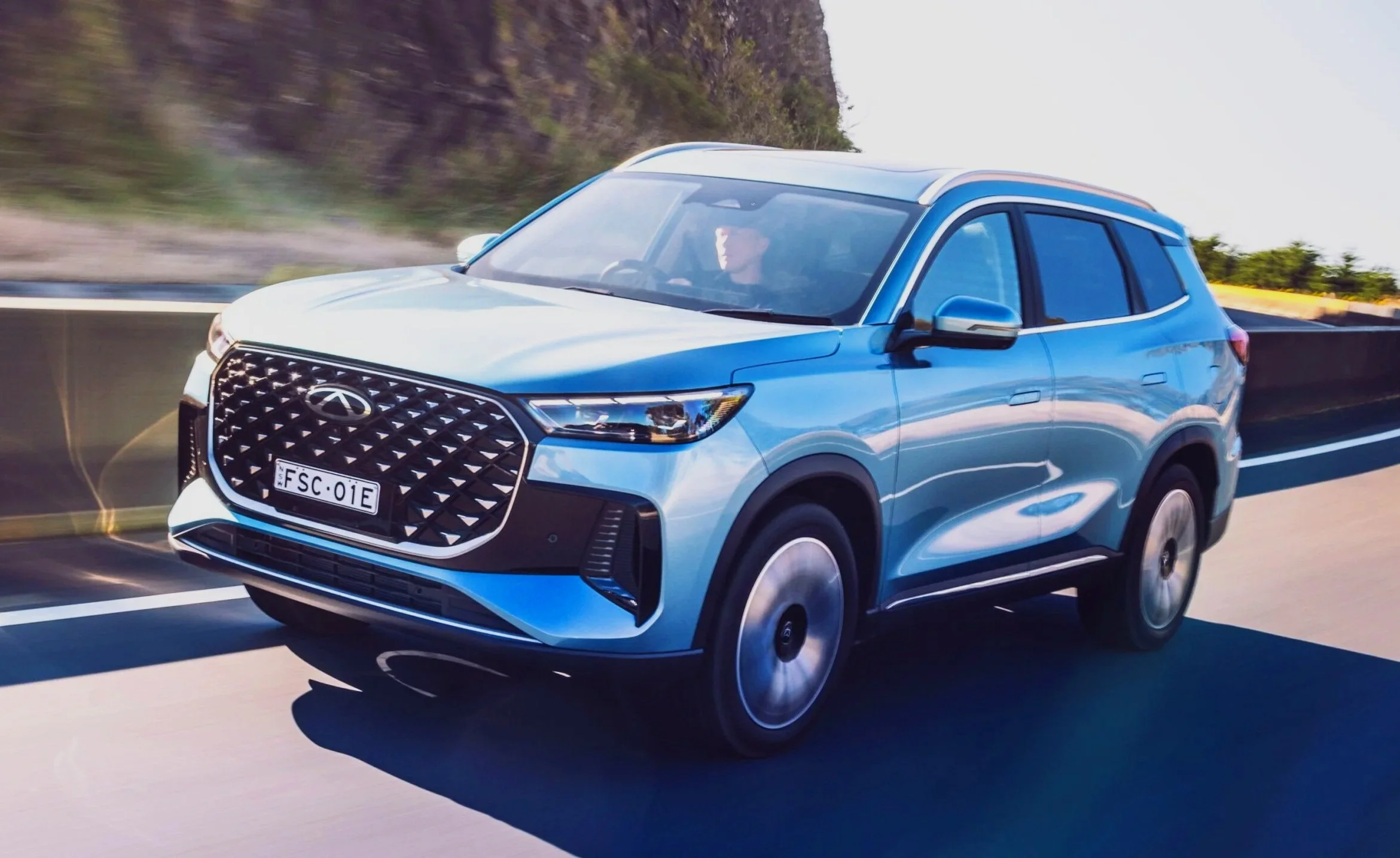
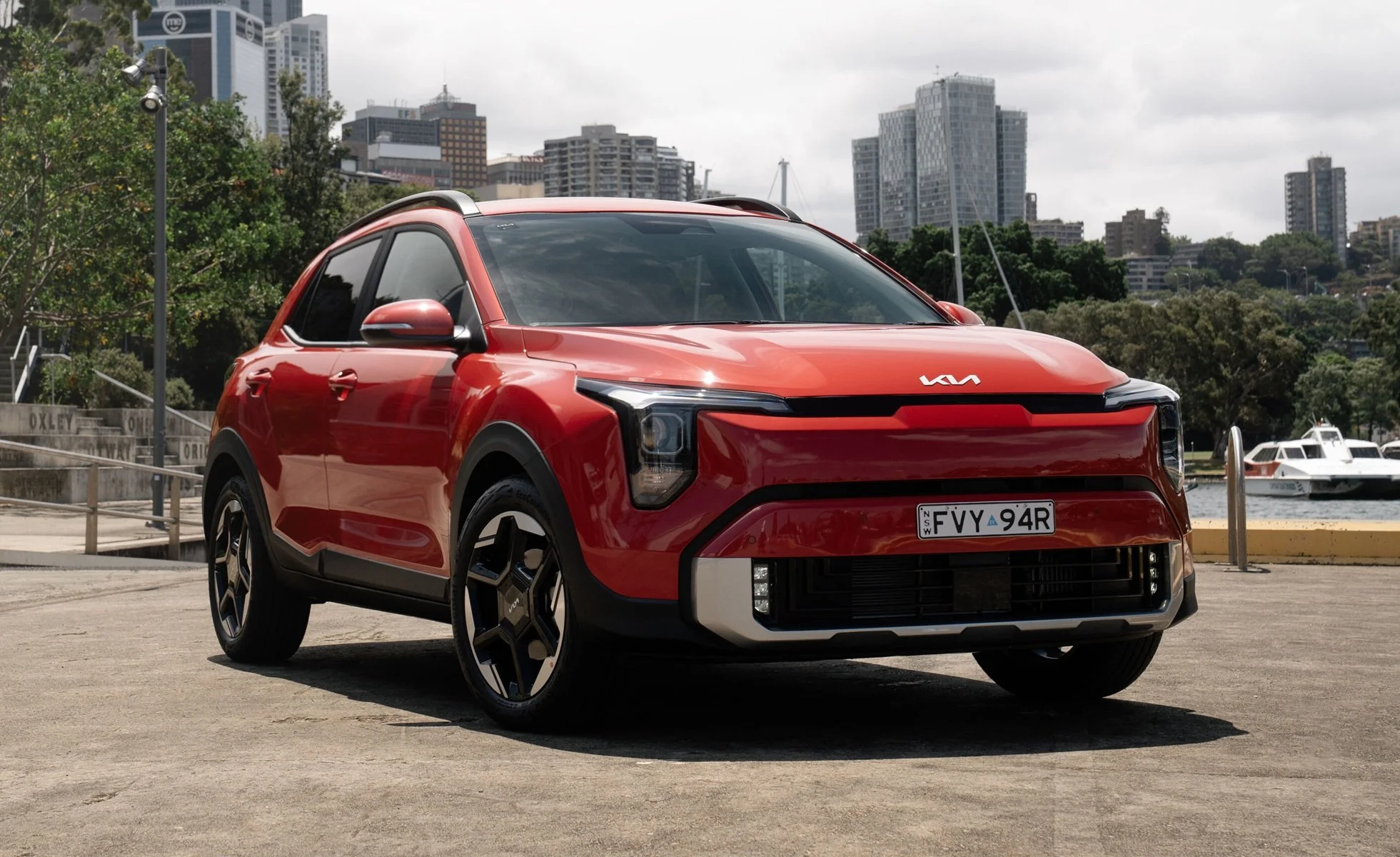
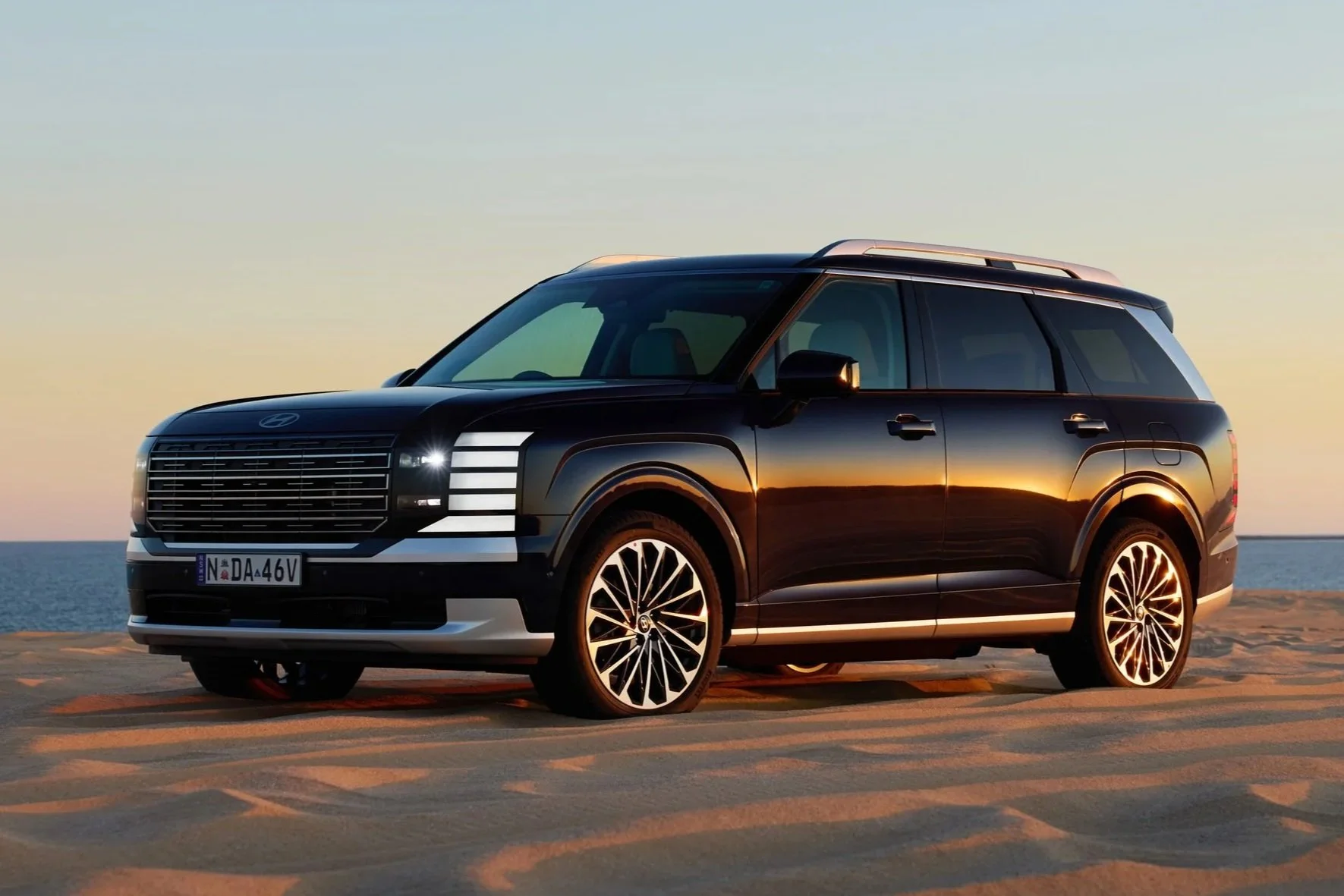
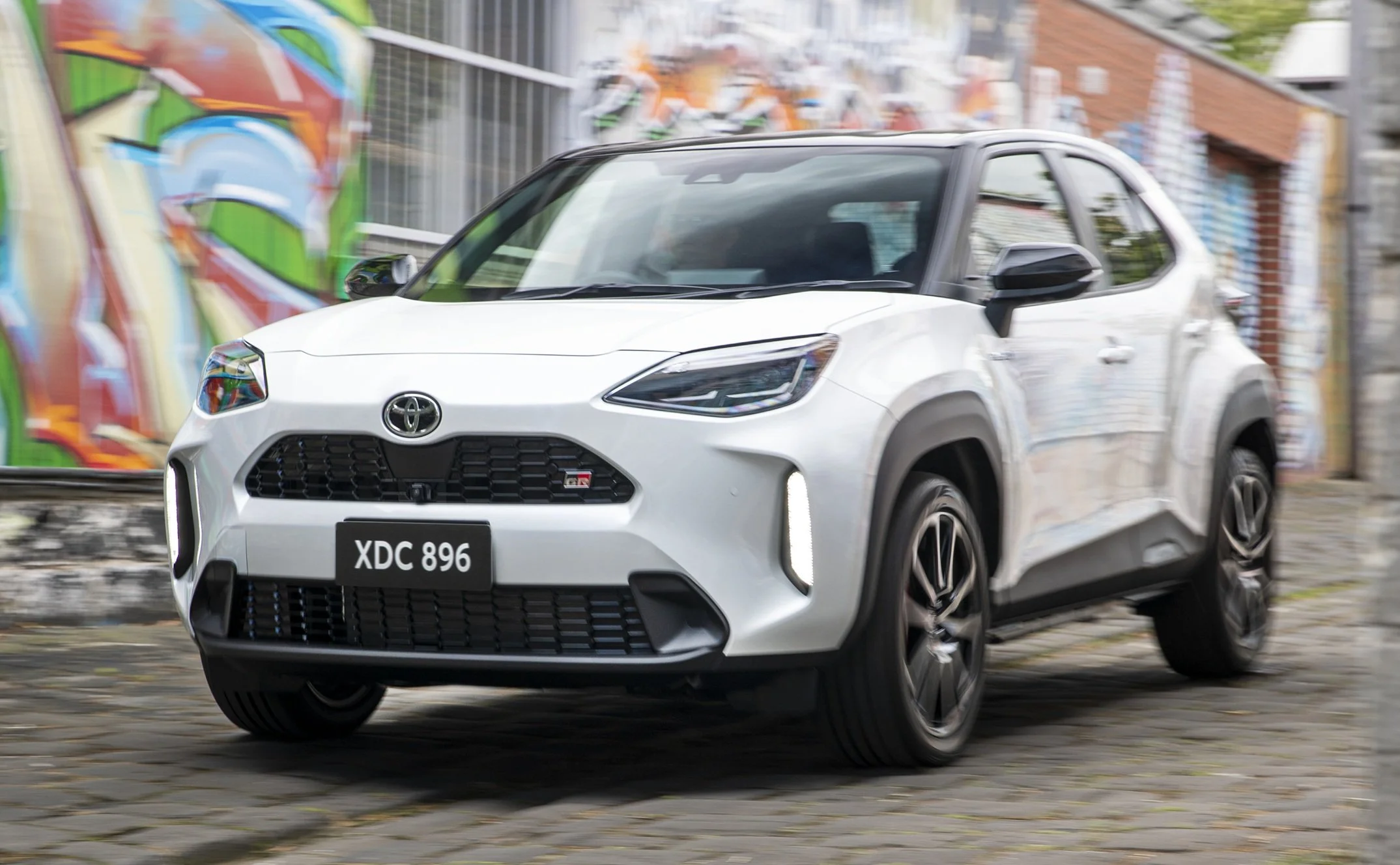

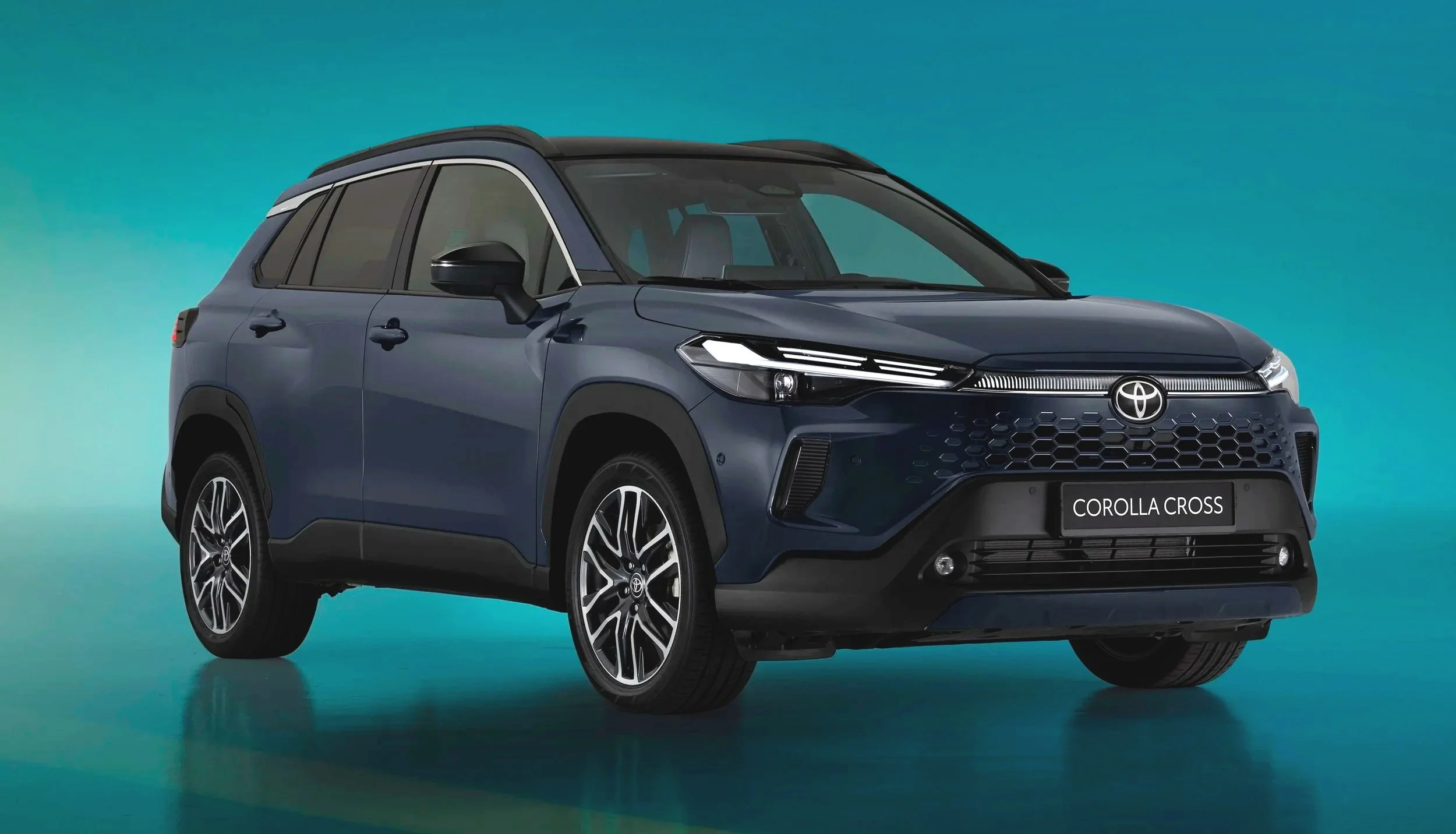


It’s rare that such an example of bad engineering comes along in the car industry. Here’s what you should know before buying this cheap but decent-looking SUV for you or your family…